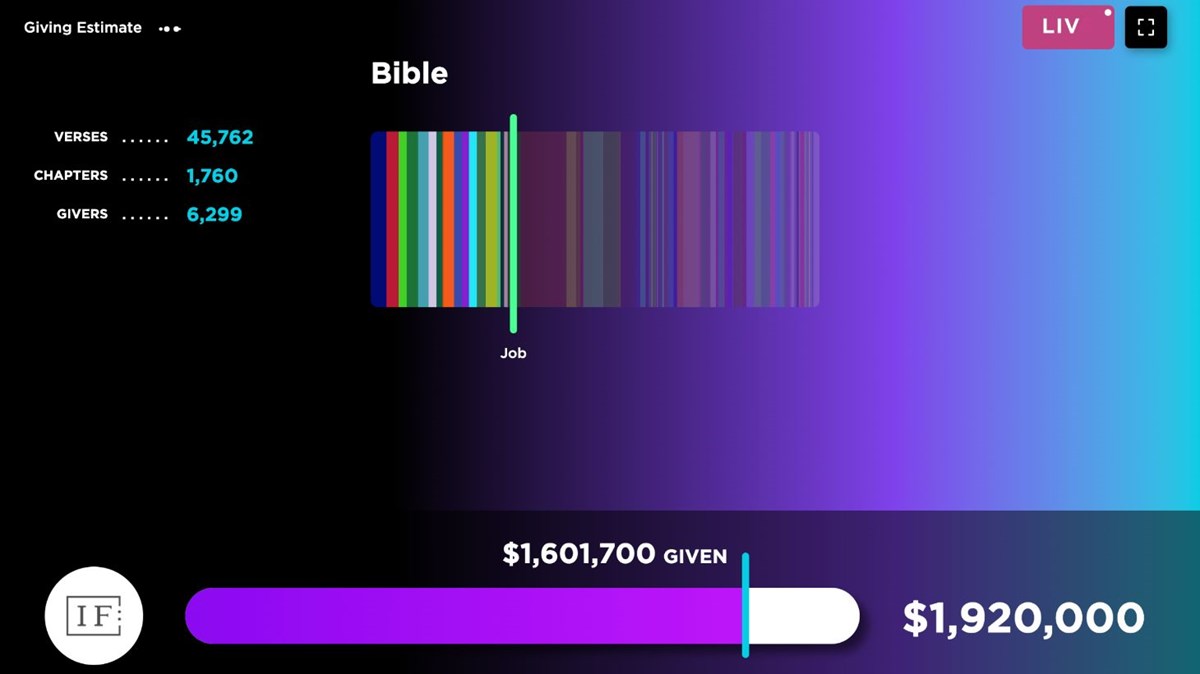
In our last blog post, we explained the key terminology around skill data and offered some definitions to help you understand and use them in your organization. This blog post will expand beyond the basics into the different methods of structuring your organization’s skill data.
There are many overlapping (or even contradictory) ideas about what it means to have a skill strategy and how that strategy relates to a skill taxonomy or ontology. These ideas aren’t inherently simple, but they don’t need to be overly complicated. That’s why we’re breaking them all down for you here.
Skill Strategy
Definition: A strategy for talent development that prioritizes skills as a way to measure the ability of your people. This measurement is aligned with the work that your organization needs to complete and the career opportunities that exist internally. Skill strategies can vary greatly between companies and can use any combination of upskilling technology, skill taxonomies, skill ontologies, skill clouds, or none of those.Why It Matters: Using a skill strategy as opposed to a competency model (or in tandem with one) can help make your workforce more agile and enable opportunities for internal mobility and career growth.
Skill Taxonomy
Definition: A hierarchical system of classification that can categorize and organize skills in groups or “skill clusters.” A skill taxonomy is structured and will usually include the skills that are most important to business goals, sometimes with the skills’ definitions as well.Why It Matters: This can help workers understand which skills they have from the taxonomy, how those skills relate to organizational needs, and what they should learn next. The purpose of the framework is not to capture every skill but to capture information about the most essential skills relevant to your business strategy.
Skill Ontology
Definition: A set of skills and their relationships between one another.Why It Matters: A skill ontology allows organizations to define and measure relationships between skills (and even jobs and people). It helps create a common language and understanding of skills across various different dimensions or platforms. Another way of looking at an ontology is that it is a “smart system” that helps maintain, aggregate, and simplify the skill data within a taxonomy.
Skill Graph
Definition: A skill graph shows the relationships between other skills and determines how skills map to roles, content, and other skill-related features. It’s often simply a visual representation of a skills ontology.Why It Matters: Understanding how different skills are related to one another (and how closely they are related) can inform how artificial intelligence and models offer upskilling and mobility opportunities.
Skill Cloud (Also Called a Skill Inventory or Skill Registry)
Definition: An inventory of skills across organizations that includes all known skill terms. It is the data set that is used to evaluate skills to include in organizational skill lists, ontologies, or taxonomies. It is basically a single source of truth for any skill, but it does not order or categorize skills like a taxonomy does.Why It Matters: A skills cloud helps organize and standardize skills across an organization, but it alone does not make these skills actionable. They simply sit in the cloud.
Skills I/O
Definition: A skills I/O manages skills, skill data, and the structures mentioned above. You can use the skills I/O to build taxonomies, manage multiple skill sources, integrate different taxonomies, and edit the skills in your organization.Why It Matters: Whereas taxonomies, ontologies, and graphs help us understand skills in relation to our business objectives, a skills I/O puts those concepts into practice together.
For more information on skill data, download The Ultimate Skill Data Handbook.



/cloudfront-eu-central-1.images.arcpublishing.com/prisa/APJGK7RSVREP6MXNI4GUXYHCVY.jpg)


